CTI News
We regularly post major company news. See our latest news below.
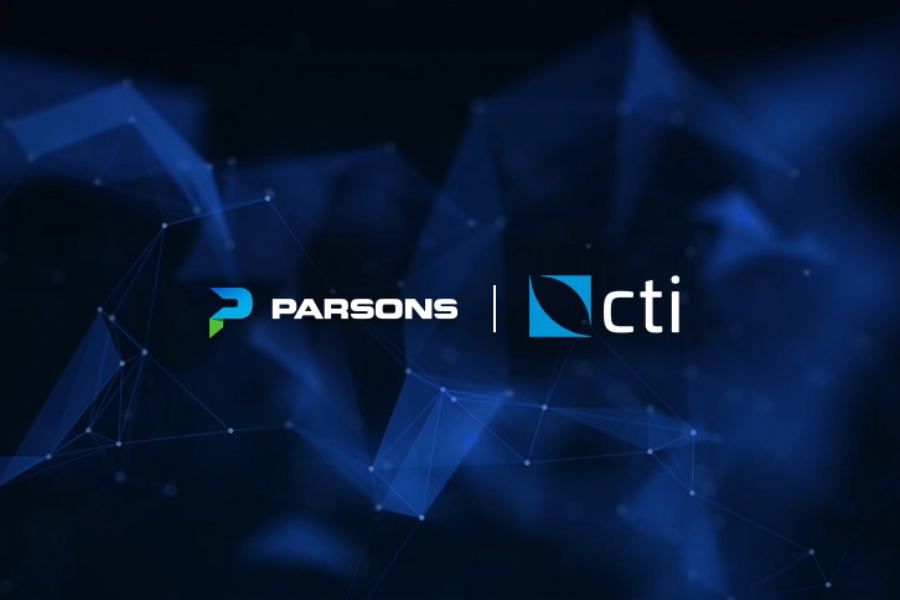
CHANTILLY, VA (July 1, 2025) – Parsons Corporation (NYSE:PSN) announced today that it has acquired Maryland-based Chesapeake Technology International, Corp (CTI), a portfolio company of
- News
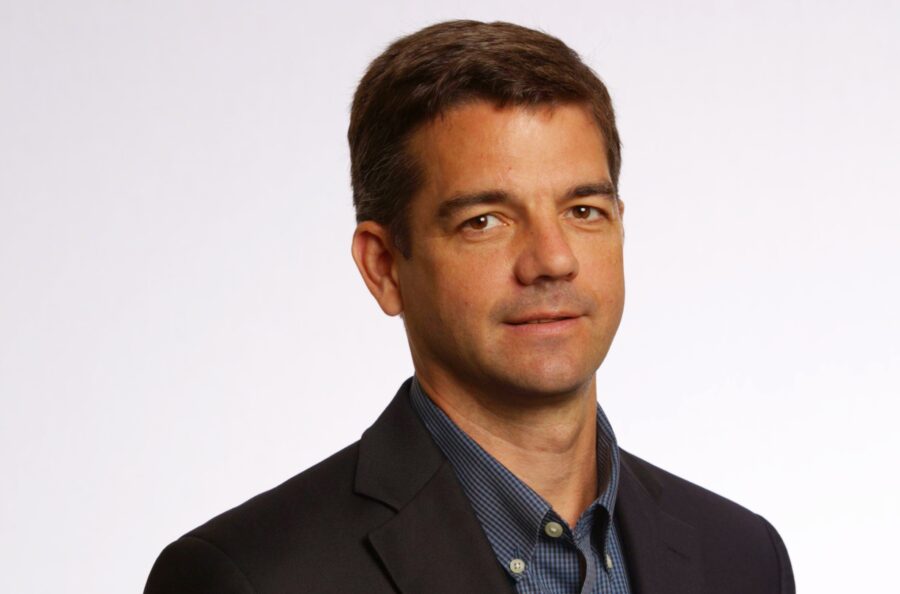
CTI Welcomes Steve Kropac as Chief Technology Officer to Drive Innovation and Growth CALIFORNIA, MD., February 5, 2025 — Chesapeake Technology International, Corp. (CTI), a
- News
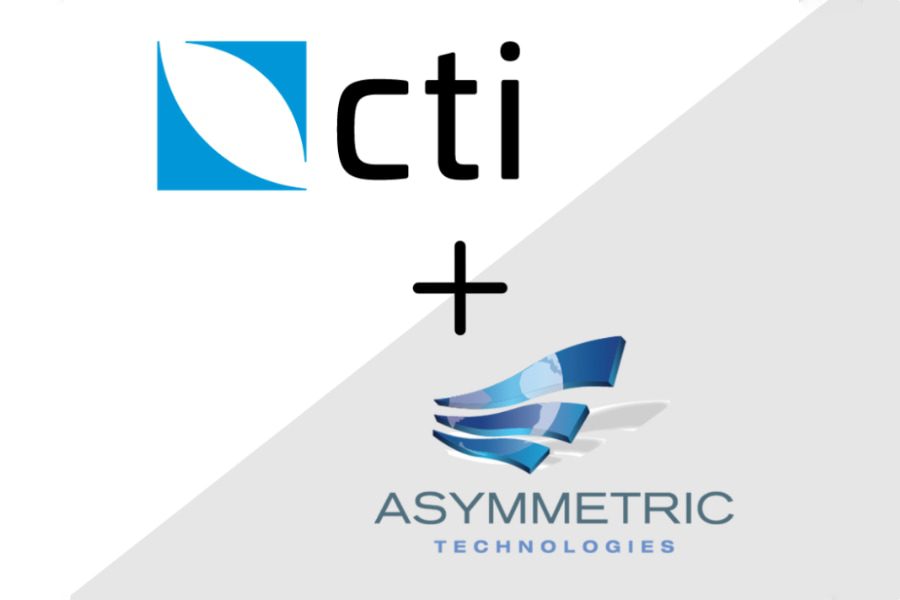
Acquisition marks CTI’s second investment to bring advanced solutions for DOD’s UAS requirements. MCLEAN, Va., March 28, 2024 — Chesapeake Technology International, Corp. (CTI), a
- News
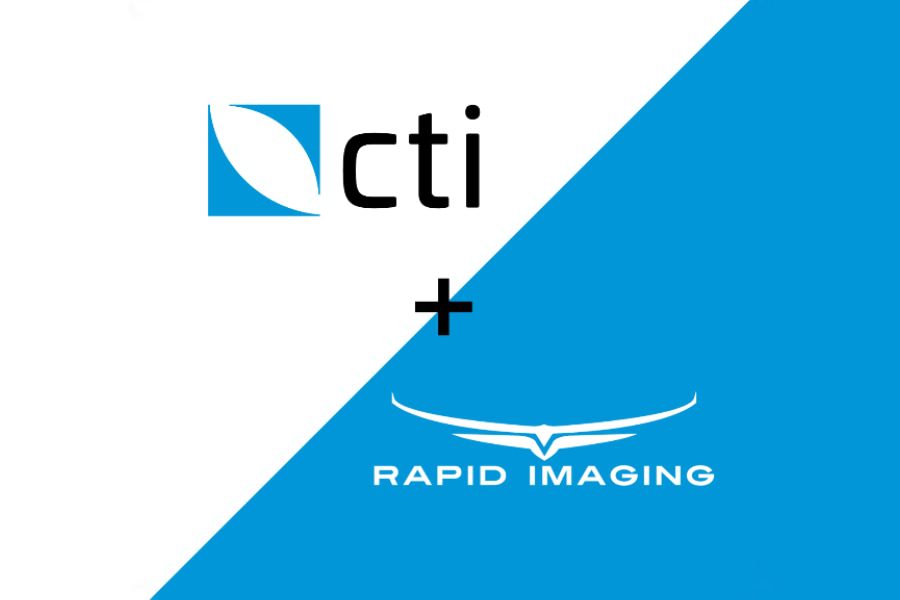
Chesapeake Technology International, Inc. (CTI), a provider of high-end software and systems development products for the defense and intelligence communities, announced today that it has
- News
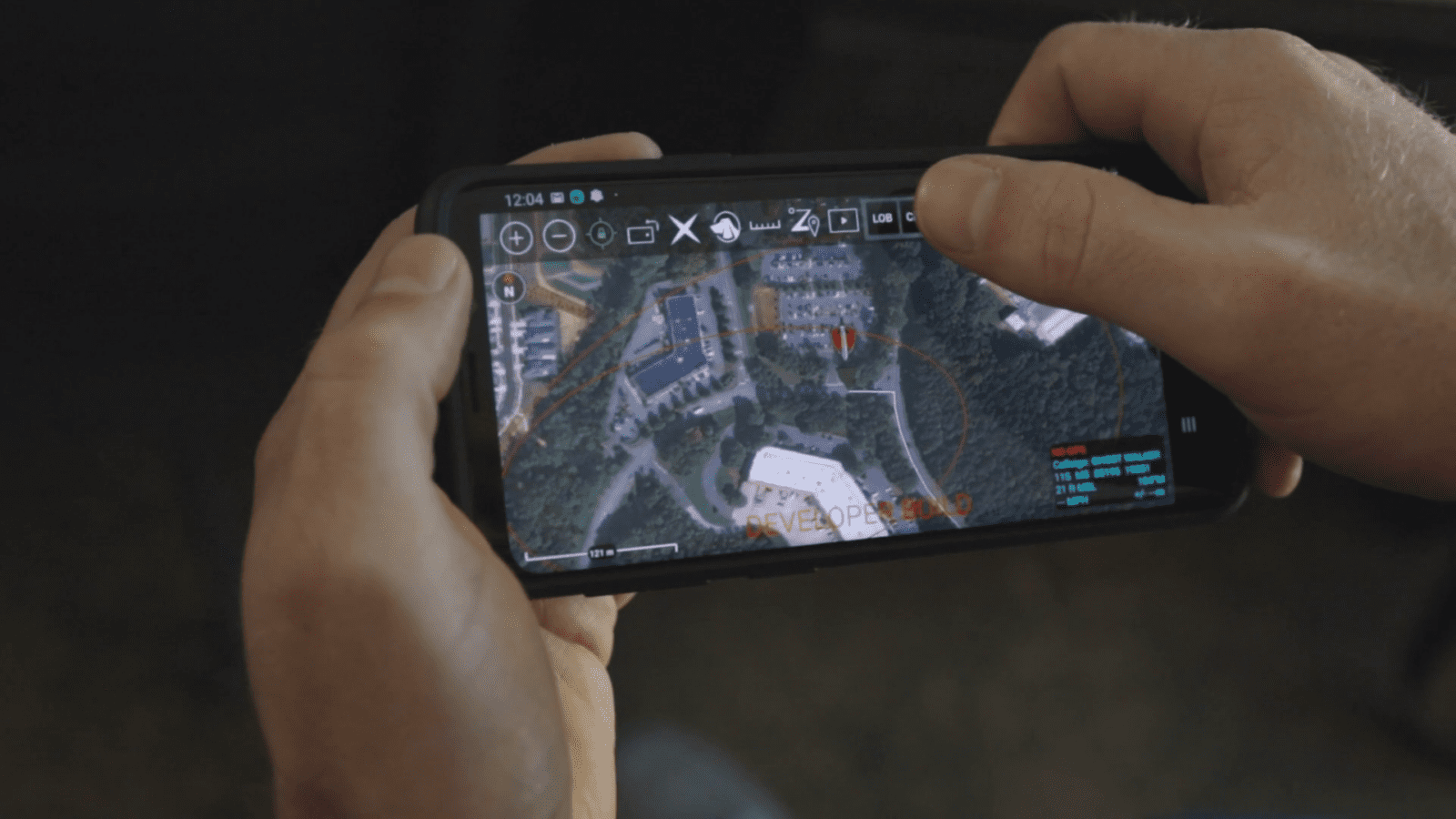
Government Open-Source Technology Solutions Let’s Work Together
SEE the invisible battlespace with situational awareness technology. Let’s start the conversation about getting the latest technologies into the hands of the warfighter.
